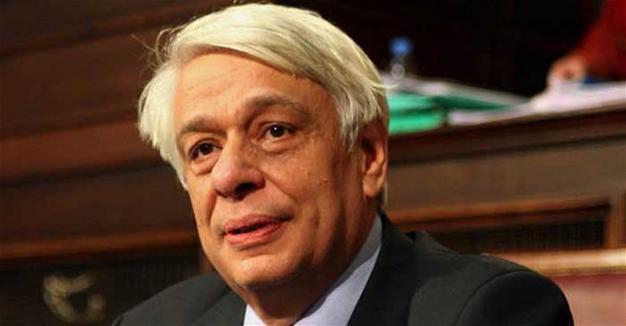Turkish government to seek united stance with opposition on Aegean problems with Greece
ANKARA
 Turkey’s government will meet opposition parties to seek a united stance amid recent tension between Ankara and Athens in the Aegean Sea on the grounds that the matter is a “national issue.”
Turkey’s government will meet opposition parties to seek a united stance amid recent tension between Ankara and Athens in the Aegean Sea on the grounds that the matter is a “national issue.”“We will meet with political parties on issues concerning Greece and Aegean after the referendum because this is a national issue that should be dealt with using this approach,” Foreign Minister Mevlüt Çavuşoğlu told the Ankara bureau chiefs of media outlets on March 9.
Turkey will hold a referendum on constitutional amendments on April 16.
Turkey and Greece have recently found themselves in the middle of fresh tension over the sea, having previously come to brink of war over uninhabited islets in the body of water in the 1990s.
Çavuşoğlu accused Greek Defense Minister Panos Kammenos of raising the tension with “careless statements” on Turkey and said new tension was only defused after Greek Prime Minister Alexis Tsipras intervened and prevented Kammenos from making hostile statements against Turkey.
Çavuşoğlu said the two countries were still continuing their exploratory talks to identify problems stemming from the sea and ways to resolve them.
Turkey criticizes Greek president
In the meantime, the Turkish Foreign Ministry also criticized Greek President Prokopis Pavlopoulos over his questioning of the demilitarized status of a group of southeastern Aegean islands.
In a written statement issued late on March 8, the ministry acknowledged that Pavlopoulos said Greece wanted to develop good neighborly relations with Turkey, but it expressed concern over his remarks on the demilitarized status of the Aegean Islands.
“Our objection to Greece’s militarization of these islands, threatening the security of Turkey, is a basic right granted to our country under the framework of international law,” read the statement.
On a March 6 to the Dodecanese islands, Pavlopoulos appeared to suggest that Athens could reinterpret the issue of demilitarization for purposes of “preventive defense.”
Ankara accused Athens of “hiding behind an imagined Turkish threat” in its bid to challenge the demilitarized status.
The ministry recalled that the matter of demilitarization was predicated on internationally binding legal articles beginning with the Treaty of Lausanne and culminating in the 1947 Paris Peace Treaty.
















